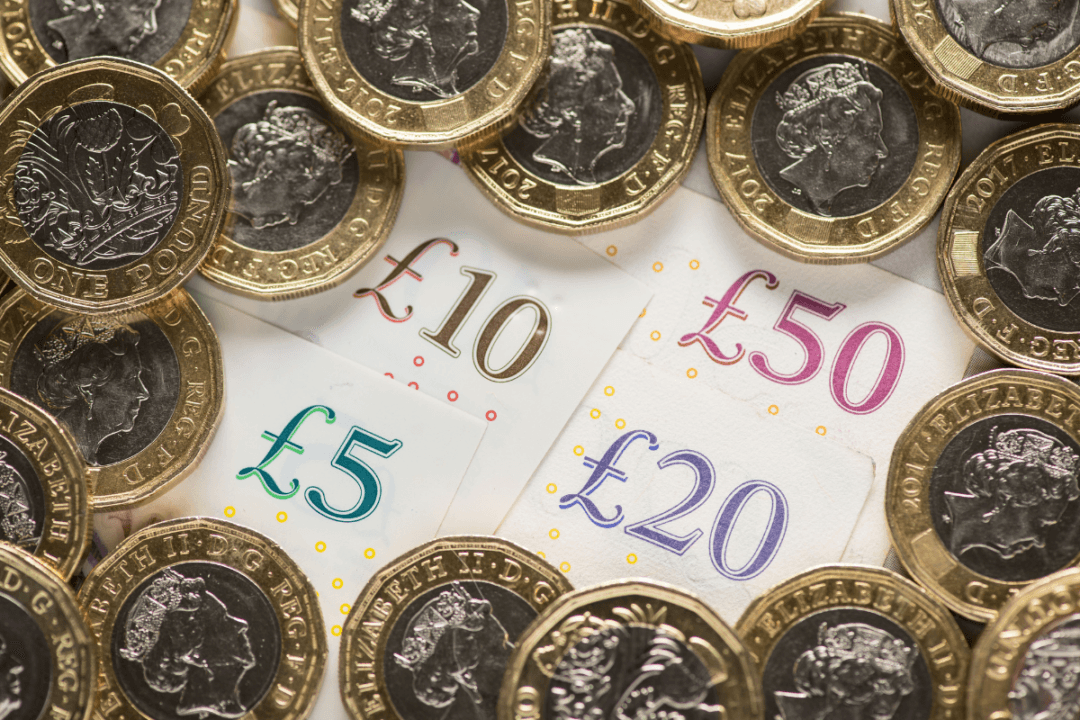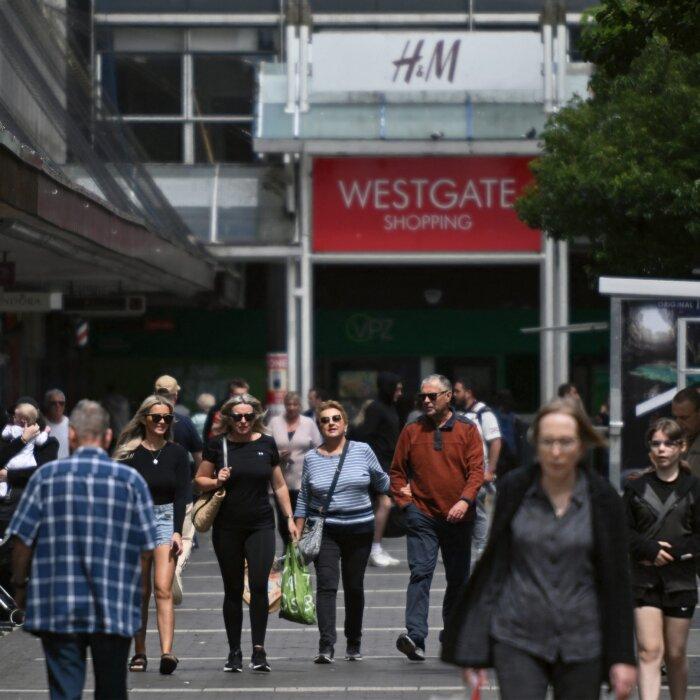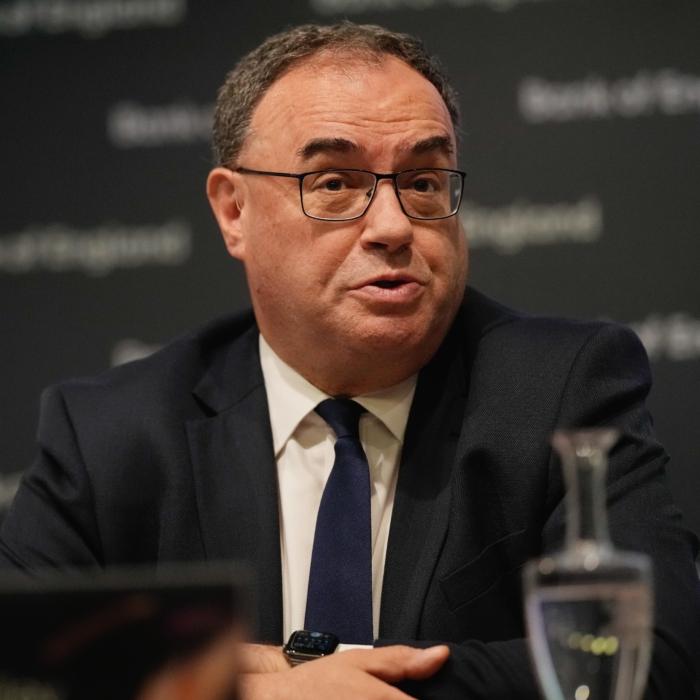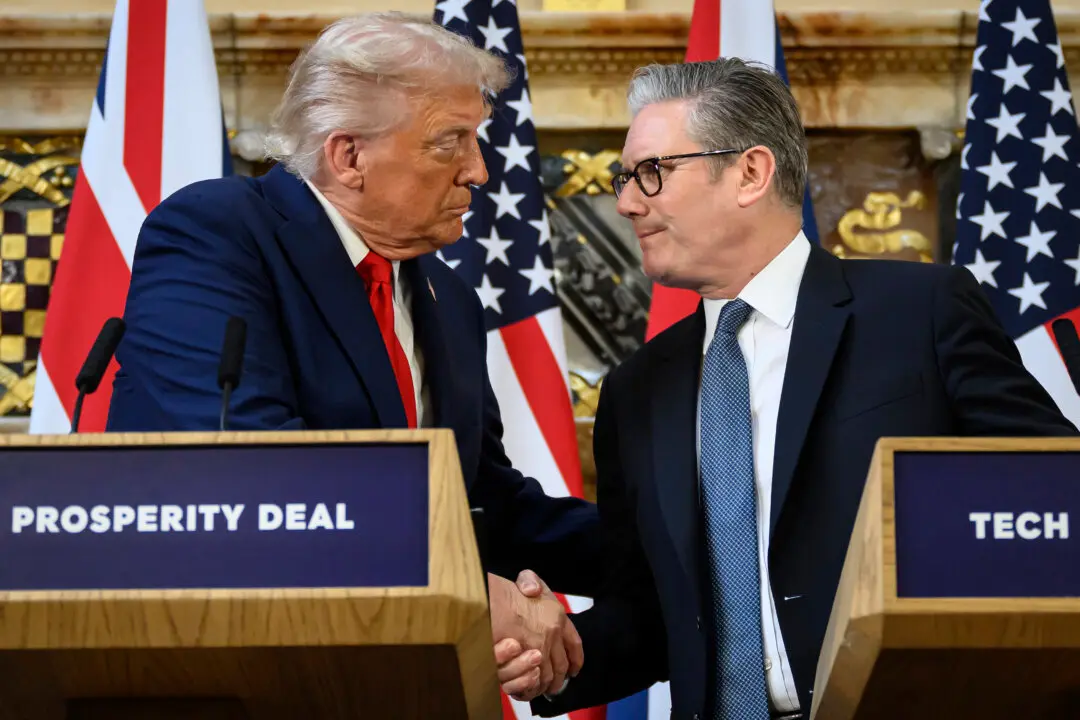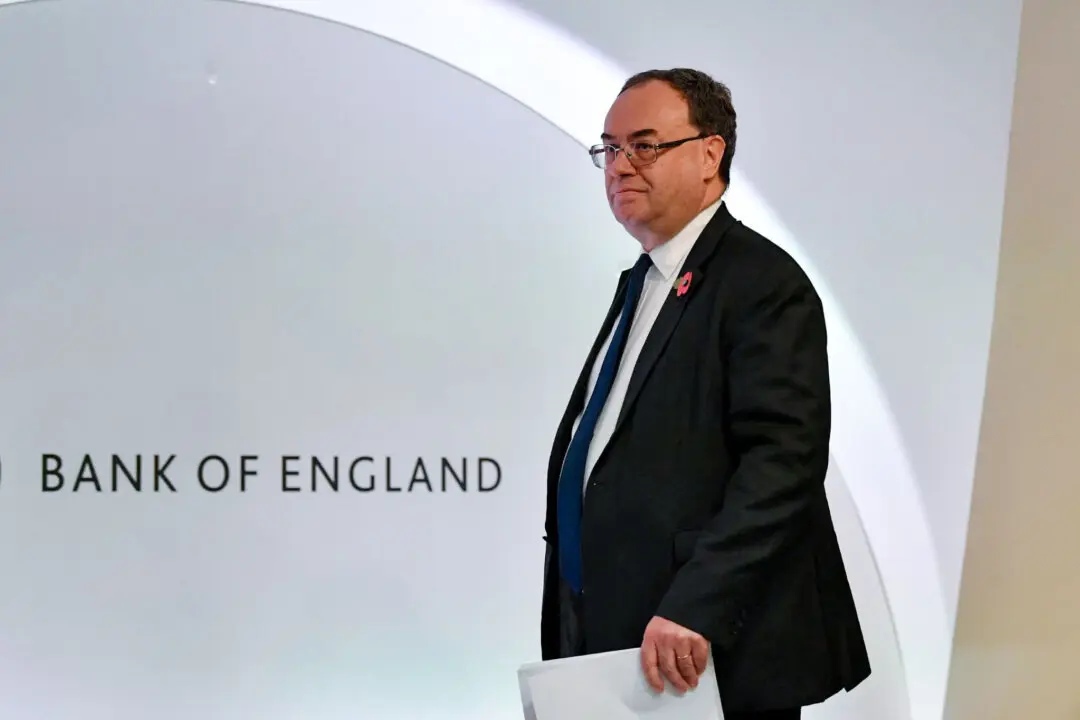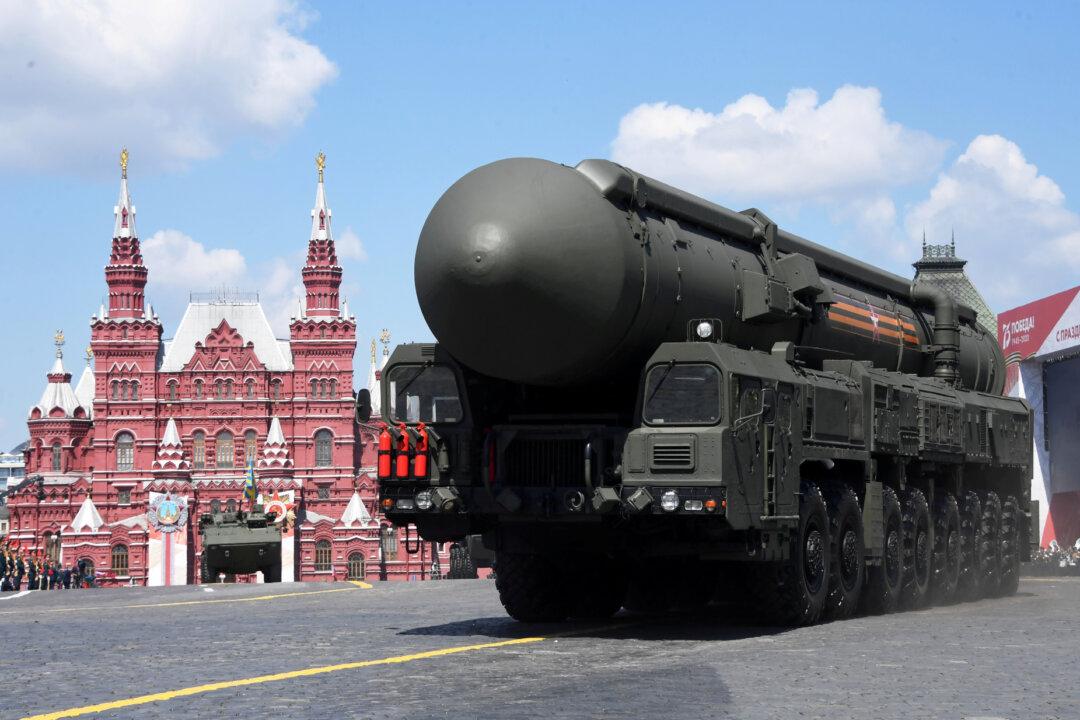The UK’s inflation rate dropped unexpectedly to 1.7 percent in the year to September, its lowest level in over three years.
“Inflation eased in September to its lowest annual rate in over three years. Lower airfares and petrol prices were the biggest driver for this month’s fall,” said ONS Chief Economist Grant Fitzner.
Prices for domestic, European, and long-haul flights fell in September, with air fares dropping by 34.8 percent, compared to 23.2 percent the same month last year.
“The combination of the large rise in the airfares index between August 2023 and August 2024, and the notable fall in the air fares index between September 2023 and September 2024, led to the second largest downward contribution to the change in the 12-month rate for airfares since at least 2002,” the ONS said.
Petrol and diesel were significantly cheaper in September than they were a year ago. Consumers paid on average 136.8 pence per litre, down from 153.6 pence per litre in September 2023, while diesel prices fell by 6 pence per litre.
In the food and non-alcoholic beverage category, the ONS reported an increase in price growth by 1.8 percent in the year to September, up from 1.3 percent in August.
Darren Jones, chief secretary to the Treasury, said that inflation below 2 percent will be “welcome news for millions of families.”
Implications
Inflation falling below the Bank of England’s (BoE’s) 2 percent inflation target, which was exceeded for years owing to high energy prices and supply chain disruptions, could drive a shift in the UK’s economic trajectory.The latest inflation data strengthen the likelihood of a rate cut at the bank’s Monetary Policy Committee (MPC) meeting in November.
Responding to the ONS data, economists at Longview Economics noted that the fall in services inflation—a key factor holding back BoE interest rate cuts—fell from 5.6 percent in August to 4.9 percent in September.
Experts at Deutsche Bank Research also said that slowing inflation momentum could strengthen the case for sequential rate cuts.
Business Rates and Pensions
In retail, industry leaders have warned that the latest fall in inflation may lead to an addition cost to businesses in April.The surge of the total bill in business rates for retail and hospitality firms is likely, unless Labour extends the business rates relief scheme in the October Budget.
The government, however, is expected to announce a number of tax changes and spending cuts to plug the “£22 billion black hole” in public finances.
Pensioners have already been affected by cuts, which saw the Winter Fuel Payments slashed for those not in receipt of pension credit or certain other means-tested benefits.
Under the government’s triple-lock commitment to uprate pensions every year, the amount paid out to pensioners is calculated by whichever is the highest: earnings growth, inflation, or 2.5 percent.
